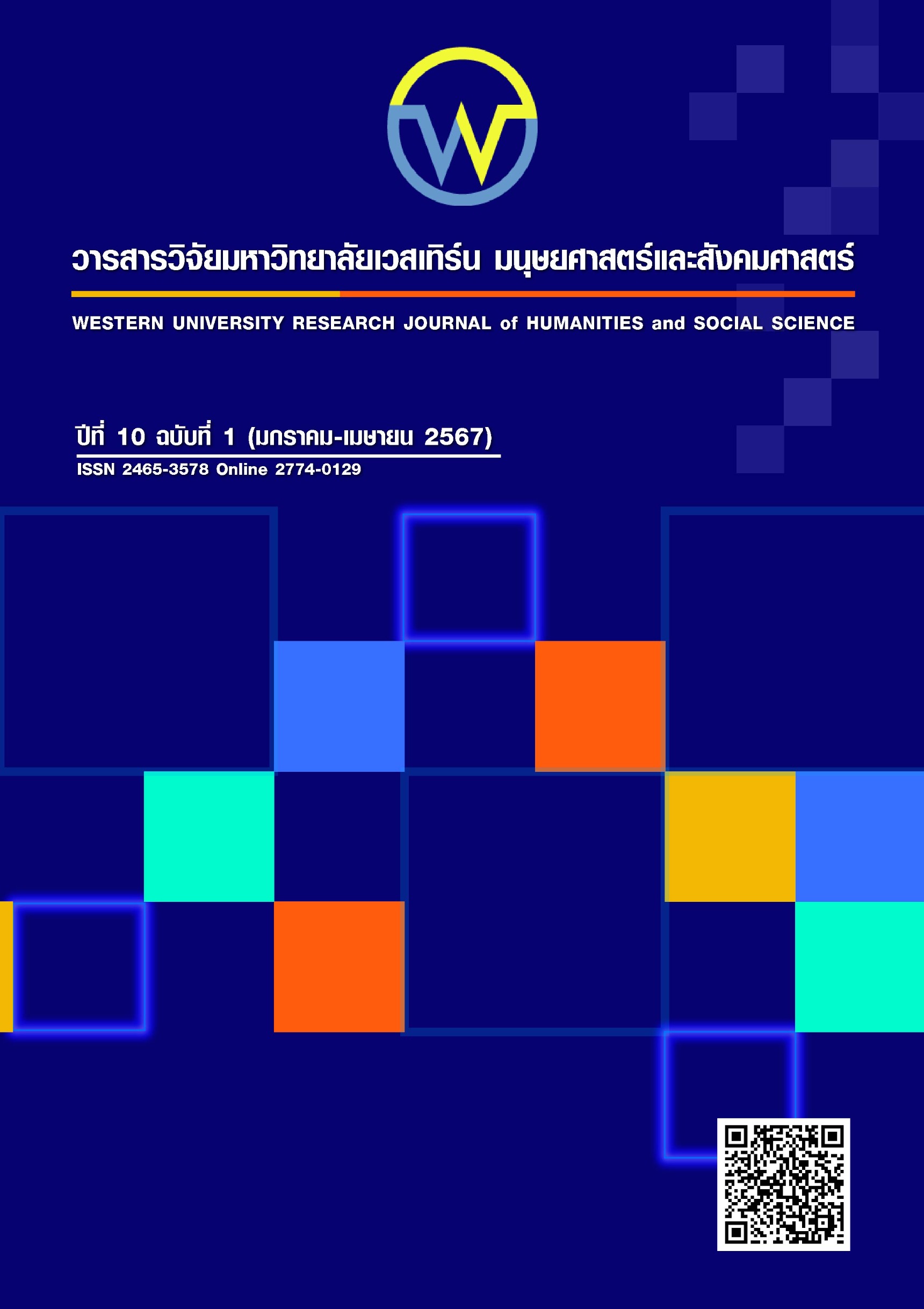Guidelines for Developing Literacy Leadership for School Administrators
Main Article Content
บทคัดย่อ
This article aimed to study guidelines for developing literacy leadership for school administrators. It is qualitative research using the concept of literacy leadership as a research framework. The research area is the Chiang Mai Secondary Educational Service Area Office. The multi-phrase study was divided into 3 phases as follows: 1) to investigate the current conditions for developing literacy leadership for school administrators; 2) to examine the desired conditions for developing literacy leadership for school administrators; and 3) to inquire into the feasibility guidelines for developing literacy leadership for school administrators. Key informants consisted of conducting an in-depth interview of fifteen informants selected by purposive sampling, school administrators who received awards for outstanding educational institutions in the management, Olympic Academic Best Practice, IQA awards, Royal School, Excellent Educational Institutions, the year 2021-2023. The instrument used for data collection was a semi-structured interview for an in-depth interview. The data were analyzed by content analysis and summarizing into issues. The results of the guidelines in terms of the current conditions and the desired conditions led to the development of literacy leadership for school administrators, consisting of policy, administrators’ roles, professional development, collaboration, and improvement.
Article Details

อนุญาตภายใต้เงื่อนไข Creative Commons Attribution-NonCommercial-NoDerivatives 4.0 International License.
เอกสารอ้างอิง
Alberta Education. (2023). What is literacy. Retrieved from https://education.alberta.ca/literacy-and-numeracy/literacy/everyone/what-is-literacy/.
Bean, R. M., Dagen, A. S., Ippolito, J., & Kern, D. (2018). Principals' perspectives on the roles of specialized literacy professionals. The Elementary School Journal, 119(2), 327–350.
Caracappa, M. (2023). School Leaders Need a Plan to Lead for Literacy. Retrieved from https://www.newleaders.org/blog/school-leaders-need-a-plan-to-lead-for-literacy.
Department of Education and Training, Melbourne. (2018). A School Leaders’ Guide to Improving Literacy and Numeracy Outcomes. Retrieved from https://www.education.vic.gov.au/Documents/school/teachers/support/schleadguide.pdf.
International Literacy Association. (2018). Literacy coaching for change: Choices matter [Literacy leadership brief]. Retrieved from https://literacyworldwide.org/docs/default-source/where-we-stand/ila-literacy-coaching-for-change-choices-matter.pdf
Ippolito, J., & Bean, R.M. (2018). Unpacking coaching mindsets: Collaboration between principals and coaches. Retrieved from https://www.researchgate.net/publication/326380712_Unpacking_Coaching_Mindsets_Collaboration_Between_Principals_and_Coaches
National Assessment of Adult Literacy. (2023). Definition of Literacy. https://nces.ed.gov/naal/fr_definition.asp.
Office of the Royal Society of Thailand. (2018). Knowledge, Language and Culture. Retrieved from http://legacy.orst.go.th/wp-content/uploads/2018/10/09042561-ความฉลาดรู้.pdf.
Royal Academy. (2019). Dictionary of Contemporary Education. (Literacy). Bangkok: Office of Royal Academy.
Sulentic Dowell, M. (2021). The Case for Literacy Leadership. https://www.lsu.edu/chse/education/bestpractices/2021/august.php.
University of Kansas - School of Education and Human Sciences. (2021). Improving Literacy in Your School as an Administrator. Retrieved from https://educationonline.ku.edu/community/improving-literacy-in-your-school


